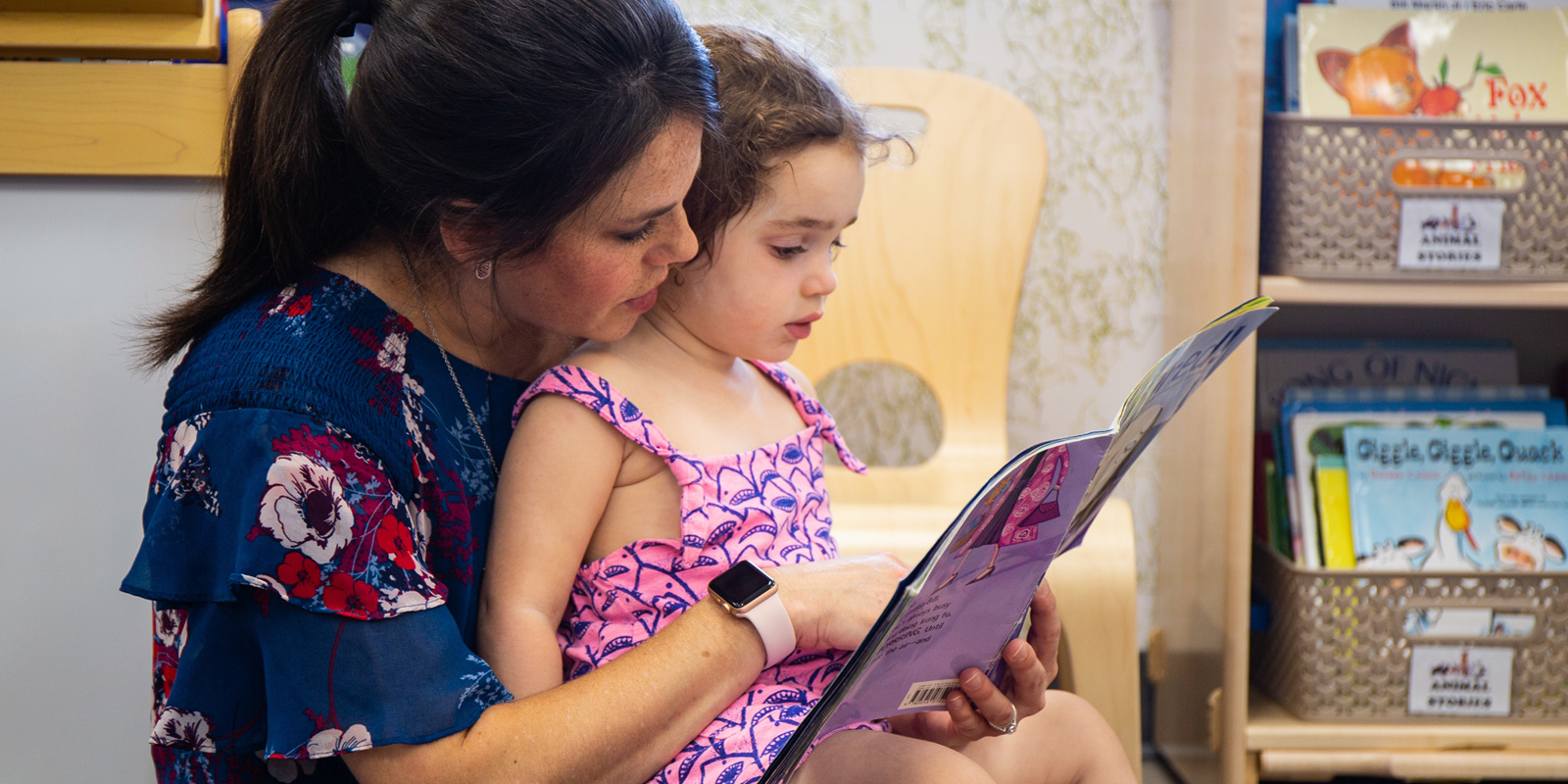In the past few decades, public libraries have undergone a quiet transformation from sleepy repositories of books to full-fledged community centers. In major metropolises and affluent suburbs, multimillion-dollar architectural marvels have risen to accommodate yoga classes, poetry slams and studios for recording podcasts. Rural libraries, though constrained by considerably smaller budgets, are also changing, and the pandemic is accelerating the rate of change.
The effort launched in January and already has representation from all 50 states and Australia, too. School and college libraries are also joining, reflecting what Graham terms “the appetite for connection.” Partners for Education’s Dreama Gentry says, “Libraries are the heart of communities everywhere, and the hubs of rural places.”
Shannon Chaney, a children’s librarian in Putnam County, Tenn., says, “The Rural Library Summit they held in 2020 uplifted and inspired me by not only highlighting the many ways that libraries transform children’s lives but also by introducing me to resources and ideas that I am now implementing in my community.” Chaney plans to integrate Vroom—the Bezos Family Foundation’s caregiver-empowering early literacy initiative—into her library’s summer reading program, and she’s partnering with the local leisure services department to work toward building a storybook trail.

👉 Save the Children’s Creative COVID-19 Response
Covid continues to cast a long shadow over rural America, where many lack health insurance and have pre-existing conditions that make them more vulnerable. Even before the pandemic, communities in the Mississippi Delta, Appalachia, Colonias (rural communities within the U.S.-Mexico border region) and across the nation were experiencing increases in the number of people without adequate housing, along with other social and economic challenges (read more).
Libraries and librarians have found themselves responding to crises beyond their traditional roles. Graham and Gentry cite a number of examples of going the extra mile during a time of extraordinary need:
- Lack of broadband and equipment during a time when education was taking place at home (and continues, even as classrooms open) prompted libraries to place routers in the window so users could access Wi-Fi from the parking lot.
- In Petros, Tenn. (population 715), the library is serving meals.
- The library in Holly Hill, S.C. (population 1277), has been distributing boxes with food and health and wellness items as well as administering Covid tests.
- The library in Nicholasville, Ky. (population 30,301) hosted a Ready to Learn fair. Many are hosting workshops around Vroom.
A grant from the Institute of Museum and Library Sciences (IMLS; a program of the federal government) funds the network’s fellows program. In the first year, 22 fellows were selected from among 100 applicants. Reflecting the diversity of rural America, 20% are people of color. Regular webinars bring far-flung libraries together to learn from authors and experts.
👉 Register for an upcoming Rural Library Network webinar
The actor Jennifer Garner, a Save the Children trustee and ambassador, appeared on the first webinar, describing how libraries shaped her career. She recalls, “As soon as I found myself with a little bit of a voice, I started asking, ‘Who is helping kids in rural West Virginia? Who is helping kids in Kentucky? Who is helping kids like my mom, who grew up super poor in Locust Grove, Oklahoma? And of course that took me to Save the Children.”
The formation of the Rural Library Network brought to mind her upbringing in Charleston, WV, and a woman who made a difference in her life: “I know personally the difference a librarian can make to a child because my elementary school librarian… opened up my mind. She made me feel special. She wasn’t judging me in any way, and she just fed me one book after another.”
Partners for Education’s Gentry says her organization addresses the cradle-to-career needs of rural populations and admits that historically they have focused on higher education access and other aspects of the later years of that continuum. Mission alignment with Save the Children—ensuring that all children are reaching their full potential—made this partnership compelling. She notes that these institutions, which accomplish so much for their communities despite often being woefully understaffed and -resourced, constantly inspire her. In many cases they are run by a lone individual who is not a trained librarian but who nonetheless knows everybody in town and goes to heroic lengths to help patrons apply for public benefits, write their resumes, register to vote and, of course, find a good book.
👉 Register for Berea College’s Virtual Rural Summit, April 26-30
- The Association for Rural & Small Libraries, which offers professional development and other opportunities for its community
- Unite for Literacy, an organization dedicated to “Book Abundance, where all children have access to books that celebrate their cultures and honor their home languages.”
- Global Family Research Project, a national platform for family and community engagement research, practices, policies and strategies
- First Book, a nonprofit that provides books to teachers and schools (read more)
- Scholastic; the publisher is a longtime partner of Save the Children
Early Learning Nation columnist Mark Swartz writes for and about nonprofit organizations. Author of the children's books Werner Herzog Eats His Shoe, Lost Flamingo, Magpie Bridge and The Giant of the Flood as well as a few novels, he lives in Takoma Park, MD, with his wife and two children.




